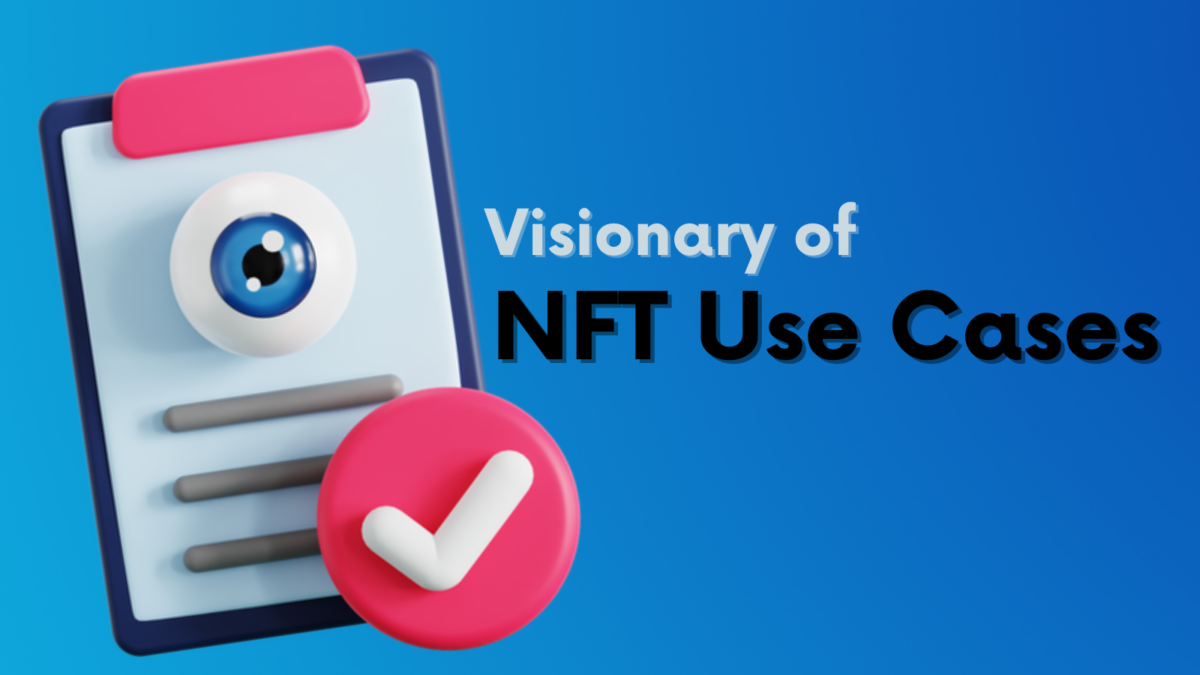There’s no doubt that NFTs are interesting. From paintings by famous artists to music files, NFTs are becoming mainstream and transforming how we live and work. Enterprises are also looking for NFT marketplace development services to incorporate this technology to attract new customers, retain existing people, reward participants/employees, and bring new revenue streams.
#5 Social Media Industry
Imagine a social media platform that allows users to own photos, videos, and music files. It’s possible with the application of NFTs. Not only that, but these kinds of social media applications also allow users to buy, sell, and trade virtual experiences. NFTs encourage the application users to convert these experiences into unique & tradable digital tokens.
#4 Non-Profits & Celebrities
NFTs’ ultimate trait is that they are unique, so they can be used for collectibles. This trait has been noted by nonprofit organizations, celebrities, artists, and politicians who sell their work and interact with their fans directly. NGOs that want to raise funds can do so by giving exclusive NFTs representing a cause or a gesture. Celebrities can sell premium NFT content with exclusive movie pics/videos, behind-the-scenes, etc.
#3 Books Publishing
The publishing sector is exploring the NFT space to protect books and content copyrights. When an ebook or an article is converted as an NFT, the creator/writer can easily claim its ownership, and anyone can verify its authenticity. This further strengthens the content’s security and makes it invulnerable to piracy and plagiarism. Furthermore, NFTs open new revenue streams for authors and creators to publish their content on primary and secondary platforms.
#2 Wine Industry
The wine industry, a pioneer in utilizing the use cases of blockchain technology, is now using NFTs to track the origin, ingredients, and other details of wine bottles. The manufacturers can create unique NFTs and link each wine bottle to an NFT. This way, all the info regarding the wine is recorded in the blockchain ledger. Buyers, auctioneers, and others can access this transparent ledger and trace the products’ authenticity throughout the supply chain.
#1 School/College/University Credentials
Educational institutions can use NFTs to store and represent academic qualifications. All information – attendance, course details, course completion, degrees, certificates, grades, and rankings – can be attached to NFTs. In addition, smart contracts can be used to update these records at regular intervals. Students from these institutions can use these NFTs in job searches or higher studies.
Bonus Content
Copyrights issues constitute a significant concern in the photography industry. Organizations that offer stock images, GIFs, videos, and other content usually charge a fee for them (since they act as platforms connecting the buyer and the seller). Some people steal and misuse the work without paying the original creators. However, using NFTs, these files can be digitized, sold, and tracked across platforms.


